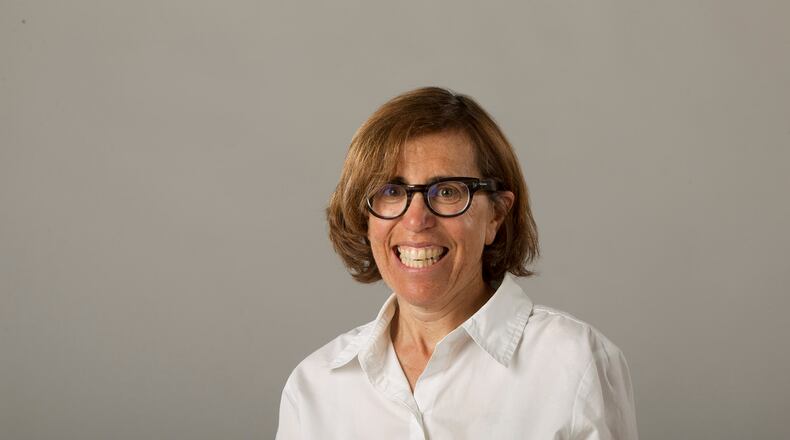Mrs. Smith’s daughter had temporarily moved in with her mother prior to her fall, as Mrs. Smith’s diagnosis of Alzheimer’s had recently been confirmed. Her daughter commented that while there was some initial discussion about discharge from the rehab, insurance issues expedited the timeliness of the departure. Mom was a little unsettled, and required ongoing supervision as she still had some mobility restrictions but often did not remember which put her at risk for another fall.
Her daughter, understandably, felt very overwhelmed, as she was her mother’s sole caregiver. It was a very emotional meeting and left me troubled, because despite having a stay both in the hospital and skilled rehab referrals had not been initiated to help ease Mrs. Smith’s return home.
While there are a number of home-based community services, one key resource specifically focused towards helping to navigate the Alzheimer’s/dementia journey is the Alzheimer’s Association. According to information from this organization, more than 200,000 people in Ohio age 65 plus have been diagnosed with Alzheimer’s Disease, with many more who, unfortunately, have not been told of their diagnosis.
Nearly 600,000 caregivers are providing approximately 678 million hours of care at an economic value of more than $8 billion. Close to 80 percent of older adults with dementia require the support of caregivers to assist with daily care activities including bathing, dressing, and dining. Conversely, only 20 percent of older adults without a dementia diagnosis require support to complete these activities, according to the Alzheimer’s Fact Sheet.
A statistic of particular concern: close to 60 percent of those caring for someone with Alzheimer’s and dementia find the stress associated with caregiving to be very high. This, along with neglecting one’s health due to caregiving responsibilities, can negatively impact the caregiver’s physical and emotional wellbeing.
I visited the Miami Valley Chapter of the Alzheimer’s Association. Their service area extends will beyond the Miami Valley, extending to nine neighboring counties. Services provided by this organization include information and referral to community resources, one to one care consulting (either in one’s home or at their office) with a licensed social worker to help with care planning and address concerns.
For those who might find it easier to connect remotely, the organization offers a care coaching service through which participants can receive personalized phone support and guidance. This might include providing information on resources, and/or helping to create a plan of “action” for adapting to life with Alzheimer’s.
Those who participate in the coaching program will receive follow-up contact with their coach. Of particular interest to help find camaraderie among likeminded peers are the local caregiver support groups and educational programs.
To learn more about this disease, caregiving guidance, planning options, along with social programs for those in the early stages of Alzheimer’s, pick up the phone or connect online and reach out to this organization. Physicians, empower your patients through connecting them to the Alzheimer’s Association.
Resources
Alzheimer's Association of the Miami Valley: Call the 24/7 hot line 800-272-3900 or go online to www.alz.org/dayton/.
About the Author

